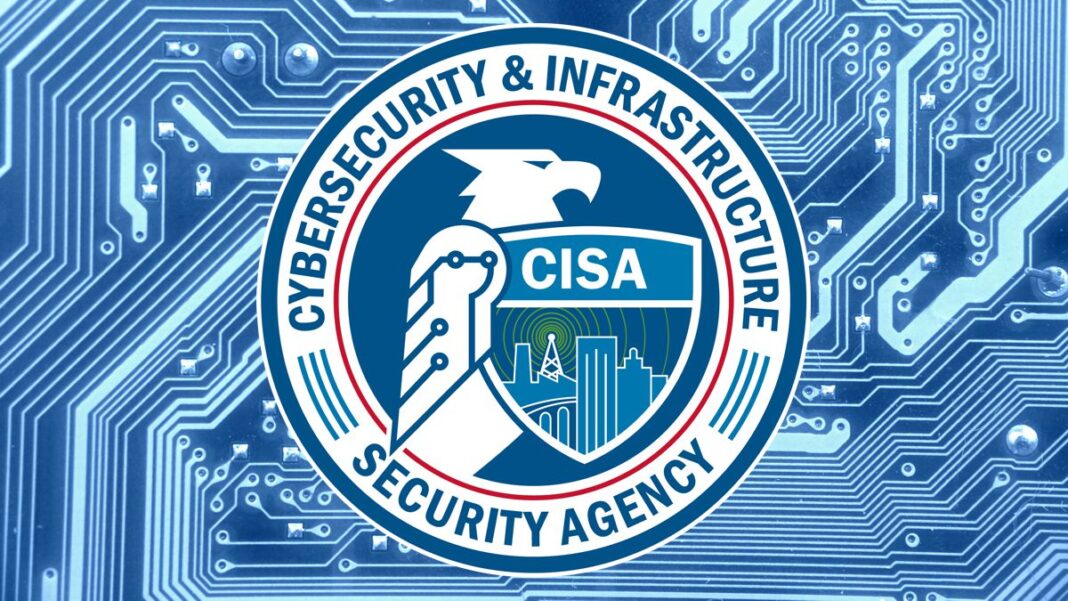A federal government agency set up to protect cybersecurity and critical infrastructure tried to cover up its domestic censorship practices, according to an interim report released by the House Committee on the Judiciary and the Select Subcommittee on the Weaponization of the Federal Government.
The report released on Monday sheds light on the concerning nexus among the Cybersecurity and Infrastructure Security Agency (CISA), Big Tech companies, and government-funded third parties. CISA is a little-known agency within the Department of Homeland Security (DHS).
Previously undisclosed, nonpublic documents have revealed that CISA acted beyond its power to surveil speech on social media and colluded with Big Tech companies like Twitter and government-funded third parties to “censor by proxy.” Messages presented in the report show that CISA then tried to conceal its “plainly unconstitutional activities” from the public.
The report accuses CISA of trying to circumvent the First Amendment by using government-funded third parties to collude with Big Tech companies to suppress certain viewpoints.
“CISA is not a law enforcement agency and is not authorized to act as an intelligence agency. But, in practice, that is how CISA has behaved, arrogating to itself the authority to conduct surveillance of Americans on social media,” the report states.
“CISA expanded its unconstitutional practice by developing an elaborate social media censorship apparatus spanning multiple organizations in order to facilitate the censorship of Americans’ political speech both directly and by proxy.”
The report highlights particularly concerning practices, such as CISA’s contemplation of establishing a “rapid response” anti-misinformation team, relocating censorship operations to a third-party nonprofit to avoid negative perceptions, and the agency’s intention to employ the non-profit as a mouthpiece to evade accusations of government propaganda.
What Is the CISA?
CISA sits within the Department of Homeland Security with the statutory mission to lead “cybersecurity and critical infrastructure security programs, operations, and associated policy.”
The agency was created to protect the electrical grid and other “critical infrastructure” sectors from cybersecurity threats. However, after the 2016 elections, former DHS secretary Jeh Johnson designated “election infrastructure” as a “critical infrastructure subsector.”







